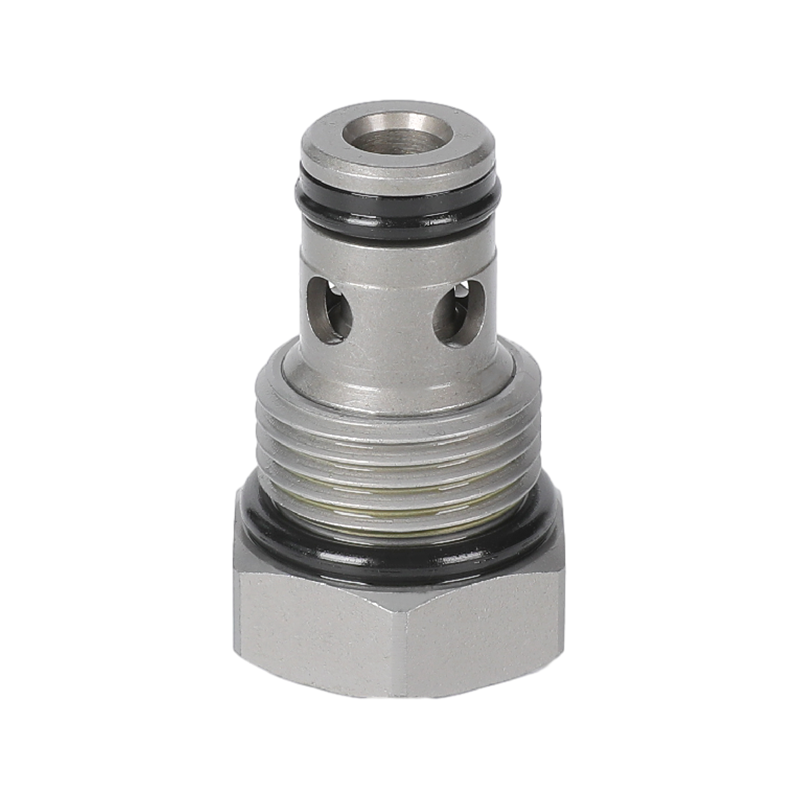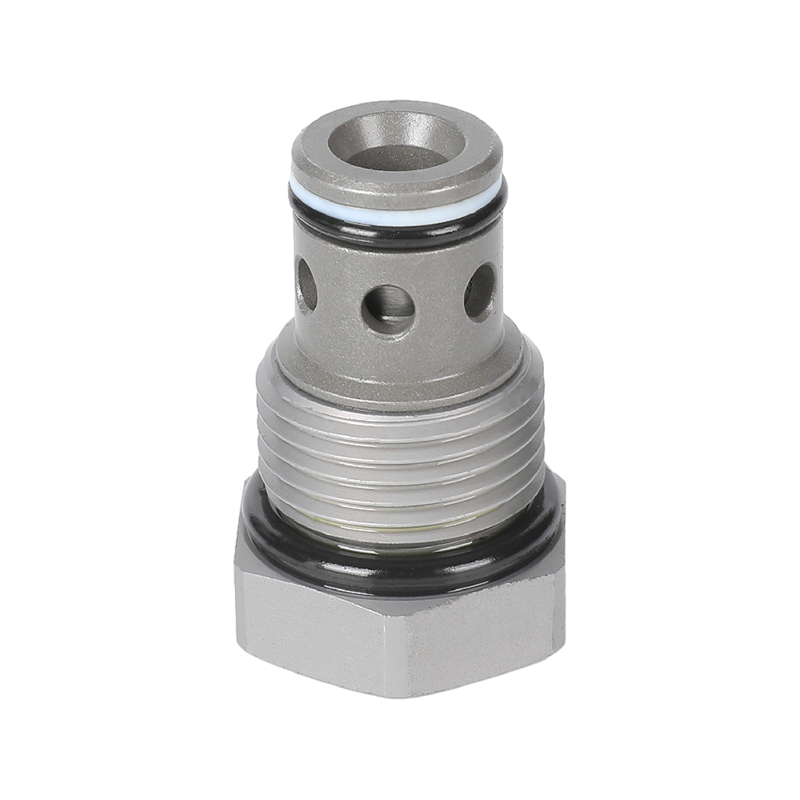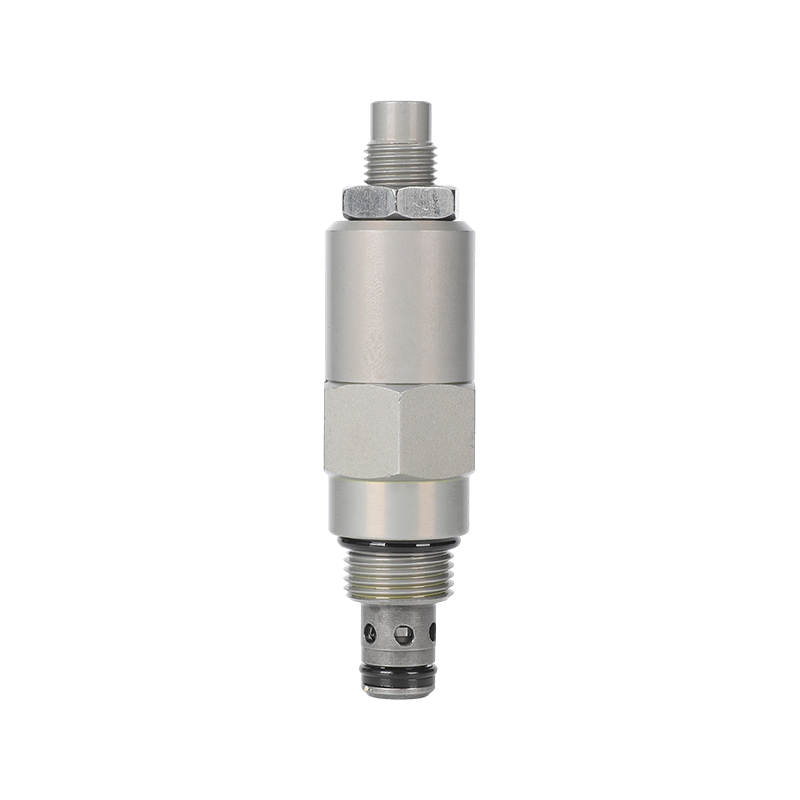Flow control valves are a vital component of industrial systems. They can ensure the safety and stability of the system in a variety of applications, especially in hydraulic, pneumatic and automated control systems. Through precise flow control, pressure balance, temperature regulation and other methods, flow control valves can effectively prevent system overload, overheating and other possible failures, thereby ensuring the normal operation of the equipment.
Flow control valves can accurately adjust the flow of fluids to ensure that the flow of liquid or gas in the system is always maintained within a safe range. Excessive flow will cause the system to be subjected to excessive pressure, which may cause pipe rupture, pump damage, or even equipment failure. If the flow is too small, the equipment will not work properly, causing energy waste and even downtime. The flow control valve effectively avoids this imbalance and ensures the stable operation of the system by accurately adjusting the flow. For example, in a hydraulic system, excessive flow will cause excessive pressure, which will cause equipment overload and damage the pump and valve. Through reasonable flow control, this risk can be avoided and the system can be ensured to operate in the best working condition.
Another important function of the flow control valve is to balance the pressure fluctuations in the system. In any hydraulic or pneumatic system, pressure fluctuations can be the source of system failure. Excessive pressure fluctuations can not only accelerate equipment wear, but can also cause serious equipment failures. For example, pressure fluctuations in hydraulic systems can cause seal damage and leakage, which can affect the stability of the system. Flow control valves can smooth and stabilize the flow rate of fluids by limiting the flow, thereby suppressing pressure fluctuations. Flow control can prevent the system from operating when the pressure is too high or too low, reduce the possibility of equipment failure, and thus improve the safety and stability of the system.
Flow control valves can also effectively improve the responsiveness and controllability of the system, which is particularly important in automated control systems. In these systems, flow control valves can adjust the flow in real time according to changes in load to ensure that each component of the system is always in the best working condition. Automated systems often face complex working environments, and flow requirements often change. If the flow is not adjusted in time, the system may be out of control, overloaded, or fail to work as expected. Through precise control, the flow control valve can enable the system to respond quickly and ensure that it can operate stably under various working conditions, thereby avoiding safety hazards caused by flow imbalance.
Flow control valves can also help control oil temperature by adjusting the flow rate of the fluid, thereby avoiding the problem of excessive oil temperature in the hydraulic system. If the flow rate of the hydraulic system is too fast, it may cause the oil temperature to rise, which will affect the viscosity of the oil, thereby reducing the lubrication effect of the system and increasing friction and equipment wear. The flow control valve can control the flow of oil and maintain the appropriate oil temperature by accurately adjusting the flow rate. This not only prolongs the service life of the oil, but also effectively prevents equipment failures caused by excessive oil temperature, such as pump damage and excessive system pressure.
In terms of protecting key components, the flow control valve effectively prevents overload of key components in the system by limiting the flow. For example, in hydraulic systems, components such as pumps, valves, and pipes usually bear a large load, and any abnormal flow may cause damage to these components. The flow control valve can adjust in time when abnormal flow occurs to ensure that these key components are always within a safe working range and avoid equipment damage caused by excessive or too small flow. This protective effect not only prolongs the service life of the equipment, but also reduces maintenance costs and downtime.
The flow control valve also has a certain degree of adaptability and can automatically adjust the flow according to the real-time needs of the system. Many modern industrial systems require equipment to work stably under different loads, and the adaptive adjustment function of the flow control valve is an important means to meet this demand. When the system load changes, the flow control valve will automatically adjust the flow to maintain the stability of the system and avoid failure problems caused by excessive or light loads. This adaptive adjustment not only improves the efficiency of the system, but also reduces the need for manual intervention and reduces the risk of human error.

 English
English русский
русский
 ++86-0575-87669088
++86-0575-87669088


